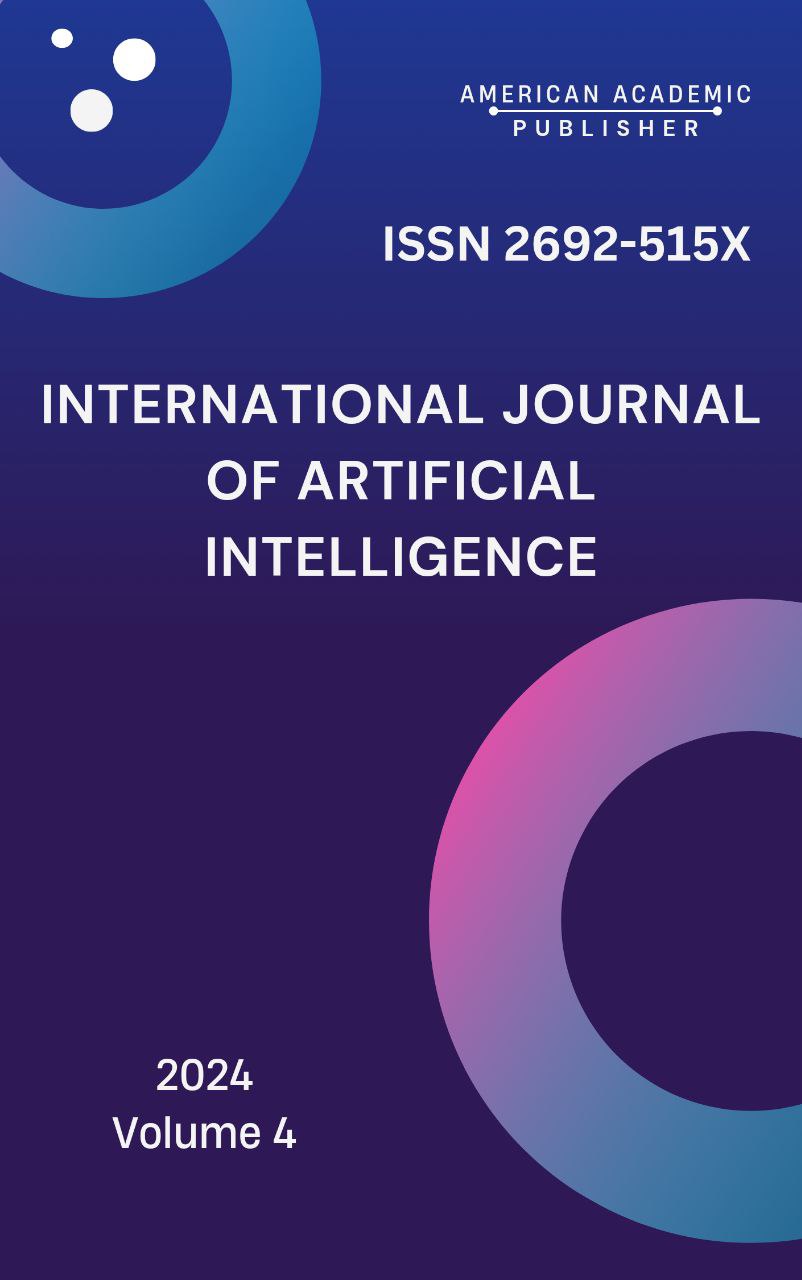 Articles
| Open Access |
Articles
| Open Access | LINGUOCOGNITIVE ANALYSIS OF TOURISM TERMS IN ENGLISH, UZBEK AND RUSSIAN LANGUAGES
Noira Yakubova , PhD in Philology, Associate Professor Uzbekistan State World Languages UniversityAbstract
This study presents a comprehensive linguocognitive analysis of tourism terms in English, Uzbek, and Russian languages, aimed at uncovering the cognitive and cultural foundations that shape the formation and use of tourism terminology, as well as the similarities and differences in the linguistic and conceptual representations of tourism-related concepts across these three languages.
The study employed a qualitative approach, focusing on the analysis of a corpus of tourism-related texts in the three languages. The identified tourism terms were examined to determine the cognitive and semantic mechanisms underlying their formation and conceptualization, including the use of conceptual metaphors, conceptual metonymy, and conceptual blending. The tourism terms in English, Uzbek, and Russian were then compared to identify similarities, differences, and unique characteristics in the linguistic and conceptual representations of tourism-related concepts.
The findings reveal the widespread use of conceptual metaphors, metonymy, and blending in the tourism terminology across the three languages. The analysis also highlights the interplay between the global and local aspects of tourism terminology, where universal concepts coexist with culturally-specific representations. These insights have implications for more effective communication and cultural mediation in the tourism industry, as well as the development of tourism-related educational and training materials that incorporate linguocognitive perspectives.
The study contributes to a deeper understanding of the linguistic and cognitive dynamics within the tourism industry, and informs more effective communication strategies and educational practices in this rapidly evolving field.
Keywords
tourism terms, linguocognitive analysis, conceptual metaphor, conceptual metonymy, conceptual blending, cross-linguistic comparison.
References
Chiu, Y. H. (2012). The role of metaphor and metonymy in the language of tourism. Journal of Pragmatics, 44(6-7), 1119-1130.
Dickens, L., & Salts, S. (2021). Conceptual blending in tourism discourse: A corpus-based study. Text & Talk, 41(2), 167-188.
Gibbs, R. W. (2017). Metaphor and thought: The state of the art. In J. Oakley & A. Coulson (Eds.), The Routledge Handbook of Metaphor and Language (pp. 13-30). Routledge.
Lippmann, S. (2018). Multilingual communication in tourism: A corpus-based study of lexical and semantic patterns. International Journal of Tourism Research, 20(6), 784-796.
Maslennikova, A. (2015). Conceptual metaphors in tourism discourse. Procedia - Social and Behavioral Sciences, 215, 277-282.
Rakhimova, D. (2020). Linguistic and cognitive aspects of tourism terminology in Uzbek and English. Vestnik RUDN. International Relations, 20(2), 270-285.
Zinken, J. (2007). Discourse metaphors: The link between figurative language and habitual analogies. Cognitive Linguistics, 18(3), 445-466.
Article Statistics
Downloads
Copyright License

This work is licensed under a Creative Commons Attribution 4.0 International License.

